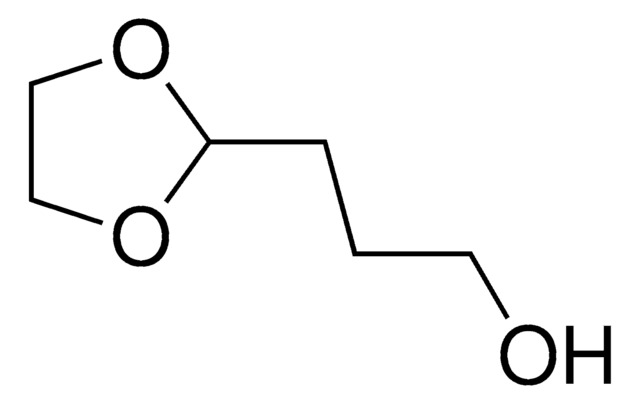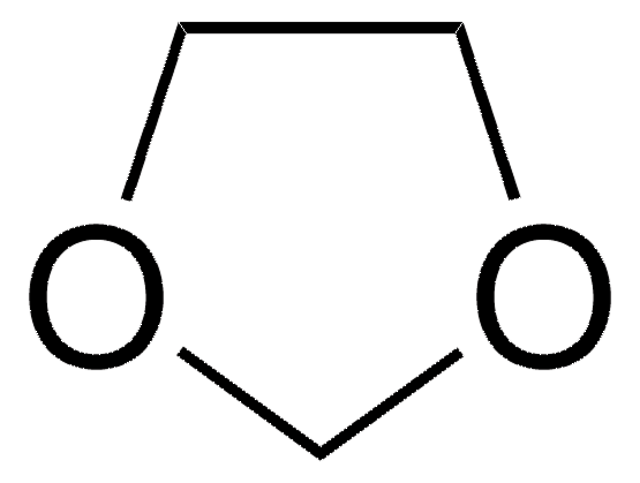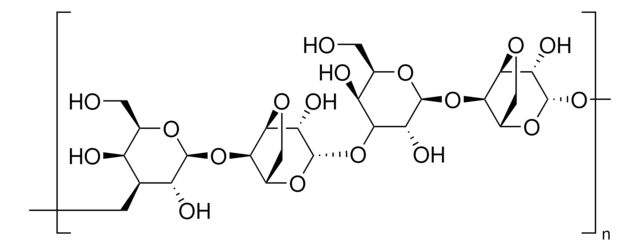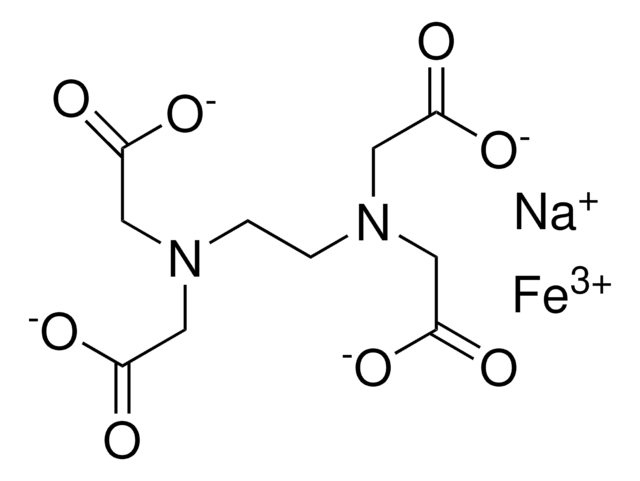V900500
Agar
Vetec™, reagent grade, suitable for microbiology
Synonym(s):
Agar-agar, Gum agar, Agar-agar, Gum agar
About This Item
Recommended Products
grade
reagent grade
sterility
non-sterile
product line
Vetec™
shelf life
limited shelf life, expiry date on the label
storage condition
(Tightly closed)
pH
5-8 (1.5% in solution)
application(s)
microbiology
SMILES string
O1[C@@H]([C@@H]([C@@H]([C@H](C1OC2[C@H]3OCC2OC([C@H]3O)C)O)OC)O)CO
InChI
1S/C14H24O9/c1-5-8(16)13-11(7(21-5)4-20-13)23-14-10(18)12(19-2)9(17)6(3-15)22-14/h5-18H,3-4H2,1-2H3/t5?,6-,7?,8-,9+,10-,11?,12+,13+,14?/m1/s1
InChI key
GYYDPBCUIJTIBM-DYOGSRDZSA-N
Looking for similar products? Visit Product Comparison Guide
General description
Application
Legal Information
Storage Class Code
11 - Combustible Solids
WGK
WGK 1
Choose from one of the most recent versions:
Already Own This Product?
Find documentation for the products that you have recently purchased in the Document Library.
Our team of scientists has experience in all areas of research including Life Science, Material Science, Chemical Synthesis, Chromatography, Analytical and many others.
Contact Technical Service





